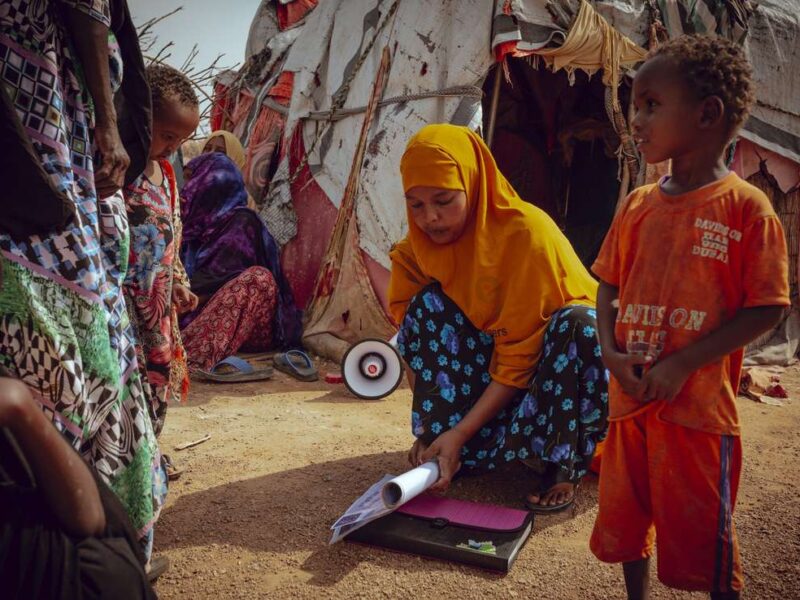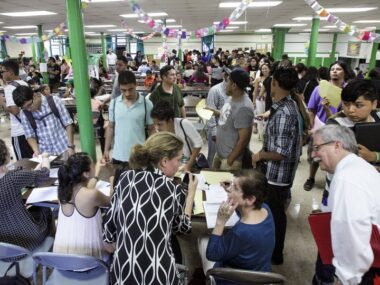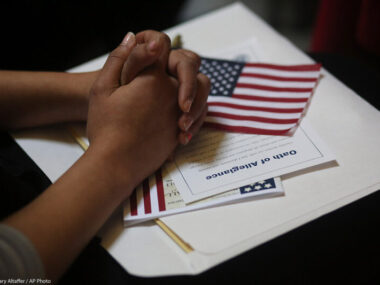Humanitarian Aspects of Refugee Resettlement: Supporting Vulnerable Populations
Introduction:
Refugee resettlement is a critical component of humanitarian efforts worldwide, aiming to provide safety, stability, and opportunity to individuals fleeing persecution, conflict, and violence in their home countries. As displaced populations seek refuge in host countries, they often face a myriad of challenges, including legal barriers, cultural adaptation, and socioeconomic integration. In this article, we will explore the humanitarian aspects of refugee resettlement, focusing on the importance of supporting vulnerable populations and addressing their unique needs.
Understanding Refugee Resettlement:
Refugee resettlement is the process of permanently relocating refugees to a third country that offers them protection and opportunities for rebuilding their lives. While some refugees may find temporary refuge in neighboring countries or refugee camps, resettlement becomes necessary for those facing protracted displacement, persecution, or lack of durable solutions in their countries of asylum. Resettlement countries, often in collaboration with international organizations and non-governmental agencies, play a crucial role in providing humanitarian assistance and protection to vulnerable refugees.
Supporting Vulnerable Populations:
- Legal Protection and Rights:
– Refugee resettlement involves ensuring legal protection and upholding the rights of vulnerable populations, including women, children, the elderly, persons with disabilities, and survivors of trauma and violence. Resettlement countries must adhere to international legal frameworks, such as the 1951 Refugee Convention and its Protocol, to guarantee refugees’ rights to asylum, non-refoulement, and access to essential services.
- Access to Healthcare and Mental Health Services:
– Refugees often arrive in resettlement countries with complex healthcare needs resulting from exposure to violence, trauma, and displacement. Providing access to comprehensive healthcare services, including medical, mental health, and psychosocial support, is essential for addressing refugees’ physical and psychological well-being. Culturally sensitive healthcare interventions can help mitigate the long-term effects of trauma and facilitate refugees’ integration into their new communities.
- Education and Skill-Building:
– Access to education and skill-building opportunities is vital for empowering refugees to rebuild their lives and contribute to their host societies. Refugee children and youth should have access to quality education that supports their academic, social, and emotional development. Additionally, adult refugees can benefit from vocational training, language classes, and job placement programs that enhance their employability and economic self-sufficiency.
- Socioeconomic Integration and Community Support:
– Successful refugee resettlement requires comprehensive support systems that facilitate refugees’ socioeconomic integration and foster community cohesion. Resettlement agencies, local governments, and community organizations play a pivotal role in providing housing assistance, language interpretation, cultural orientation, and social services to refugees. Strengthening social networks and fostering intercultural understanding can create inclusive communities where refugees feel welcomed and supported.
READ ALSO: Cultural Integration for New Immigrants
- Protection of Vulnerable Groups:
– Special attention must be given to protecting vulnerable groups within refugee populations, including women, children, LGBTQ+ individuals, and persons with disabilities. Refugee resettlement programs should incorporate gender-sensitive approaches, child protection measures, and initiatives to address the specific needs and vulnerabilities of marginalized groups. Advocacy for the rights and dignity of vulnerable refugees is essential for ensuring their safety and well-being in their new environments.
- Economic Empowerment and Livelihood Opportunities:
– Economic empowerment plays a crucial role in the successful integration of refugees into their new communities. Providing refugees with access to livelihood opportunities, vocational training, and entrepreneurship support can enhance their economic self-sufficiency and contribute to their long-term well-being. Resettlement programs should prioritize initiatives that enable refugees to gain employment, start businesses, and contribute to the local economy. Additionally, promoting financial literacy and asset-building initiatives can empower refugees to achieve economic stability and resilience.
- Legal Assistance and Advocacy:
– Access to legal assistance and advocacy services is essential for refugees to navigate complex legal systems, understand their rights, and access justice. Legal aid organizations and pro bono legal clinics can provide refugees with legal advice, representation, and advocacy support in matters such as asylum applications, family reunification, and immigration appeals. Ensuring refugees’ access to legal assistance helps safeguard their rights, protect them from exploitation and discrimination, and advocate for fair and equitable treatment under the law.
- Cultural Orientation and Integration Programs:
– Cultural orientation and integration programs play a vital role in helping refugees adjust to their new surroundings, understand the local culture, and navigate societal norms. These programs provide refugees with practical information about their rights and responsibilities, local customs and traditions, and available support services. By equipping refugees with the knowledge and skills to integrate into their new communities, cultural orientation programs foster social cohesion, mutual understanding, and positive interactions between refugees and host populations.
- Family Reunification and Social Support:
– Family reunification is a fundamental aspect of refugee resettlement, allowing refugees to reunite with family members who may have been separated during the migration process. Resettlement countries should prioritize family reunification efforts and provide support services to facilitate the reunification process. Additionally, social support networks, including peer mentoring programs, community-based organizations, and faith-based groups, play a crucial role in providing emotional support, practical assistance, and social connections to refugees as they navigate the challenges of resettlement.
- Trauma-Informed Care and Psychosocial Support:
– Many refugees have experienced trauma and loss as a result of conflict, persecution, and displacement, which can have profound effects on their mental health and well-being. Trauma-informed care and psychosocial support services are essential for addressing the emotional and psychological needs of refugees and helping them heal from past trauma. Counseling, therapy, and support groups can provide refugees with a safe space to process their experiences, build resilience, and develop coping strategies for navigating the challenges of resettlement and integration. By prioritizing trauma-informed care, resettlement programs can support refugees’ holistic recovery and empower them to rebuild their lives with dignity and resilience.
Conclusion:
Refugee resettlement is a humanitarian imperative that requires collective action and solidarity to support vulnerable populations fleeing conflict, persecution, and displacement. By addressing the legal, healthcare, education, socioeconomic, and protection needs of refugees, resettlement countries can uphold their humanitarian obligations and provide refugees with the opportunity to rebuild their lives with dignity and hope. As we strive to create a more inclusive and compassionate world, supporting vulnerable populations through refugee resettlement remains a cornerstone of our commitment to humanitarian values and human rights.




